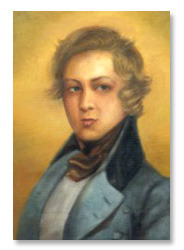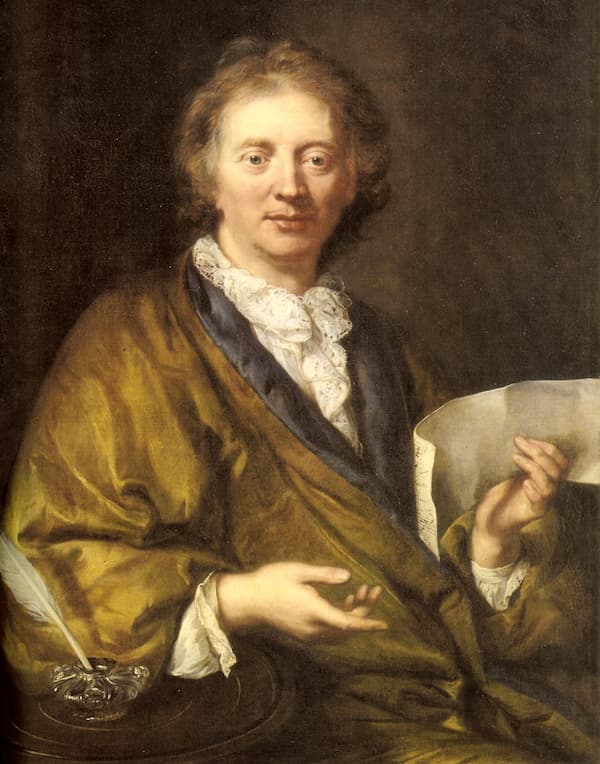 “Minors of the Majors” invites you to discover compositions by the great classical composers that for one reason or another have not reached the musical mainstream. Please enjoy, and keep listening!
“Minors of the Majors” invites you to discover compositions by the great classical composers that for one reason or another have not reached the musical mainstream. Please enjoy, and keep listening!
Robert and Clara Schumann had eight children, all born between 1841 and 1854. With his family of little musicians steadily growing, Robert compiled a short album of “Little Piano Pieces” for the 7th birthday of his daughter Marie. And once he had started, new ideas for miniatures came inevitably to his mind. Clara wrote in her diary, “The pieces usually given to children at their piano lessons are so bad, that it has occurred to Robert to bring out a collection of such little works himself.” Determined as always, Schumann finished the 43 pieces of his Album for the Young in barely 2 weeks. “I cannot remember ever feeling as content as when working on these pieces,” Schumann wrote to his friend Carl Reinecke, “I felt as though I was starting to compose all over again!”
Robert Schumann: “Sylvesterlied” (New Year’s Song), Album for the Young Op. 68, No. 43
Contrary to the Kinderszenen Op. 15, which Schumann intended as a grown-up’s memories of childhood for grown-ups, the Album for the Young looks “forward, with eager anticipation, to what is to come for the young.” Schumann subdivided the set up to No. 18 as suitable for “younger players,” and starting with No. 19 as appropriate “for more mature players.” A good many more miniatures have surfaced in various Schumann manuscripts, but were not included in the version edited by Clara Schumann. Schumann tellingly wrote, “Never play bad compositions, nor even listen to them, unless absolutely obliged to do so.” Goodness me, that’s probably the best advice I have heard in years! To follow Schumann’s lead, there is no better way to open up new, wonderful and exciting vistas of good compositions to come in 2016 than with the poetic and symbolic “New Year’s Song!”
You May Also Like
- Minors of the Majors
Francis Poulenc: Sonata for Trumpet, Horn and Trombone, Op.33 Jean Cocteau magnanimously announced in 1918, that his principal goal was the elimination of all foreign and specifically German elements from French music and culture. - Minors of the Majors
Franz Liszt: Cantantibus organis The 1860’s were not particularly kind to Franz Liszt. For one, the Tsar of Russia successfully blocked his long-awaited marriage to the Princess Carolyne Sayn-Wittgenstein. - Minors of the Majors
Gustav Mahler: Piano Quartet in A Minor Gustav Mahler, son of an aspiring tavern proprietor and a soap-maker’s daughter, was considered a Wunderkind! - Minors of the Majors
Gioacchino Rossini: 3 Choeurs Religieux In 1829, Gioachino Rossini (1792-1868) completed his thirty-fourth opera, William Tell.
More Anecdotes
-
 The Colours of Love: Couperin’s Dominos The secret language of colors at French royal balls
The Colours of Love: Couperin’s Dominos The secret language of colors at French royal balls - The Devil is a Woman
Eugene Aynsley Goossens and Rosaleen Norton From police raids to passionate letters, learn about the Goossens-Norton scandal - Day and Night with Rachmaninoff
A Close Look at His Symphonic Dances An epic battle between life and death -
 Haydn’s “Ox Minuet” A butcher, his daughter's wedding, and a composer's unexpected reward
Haydn’s “Ox Minuet” A butcher, his daughter's wedding, and a composer's unexpected reward


